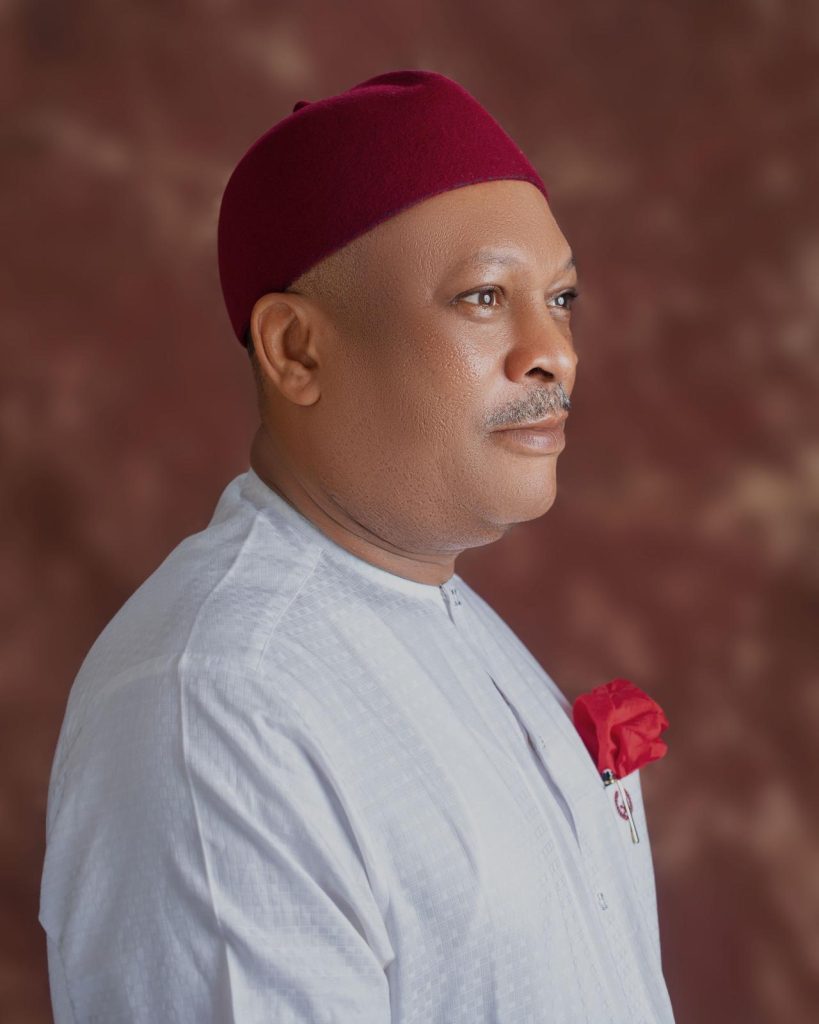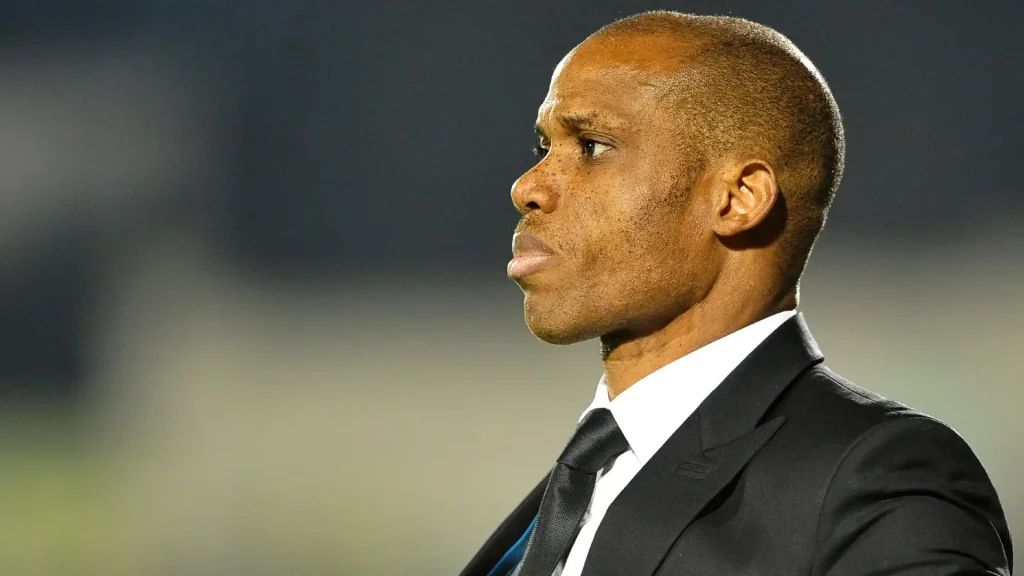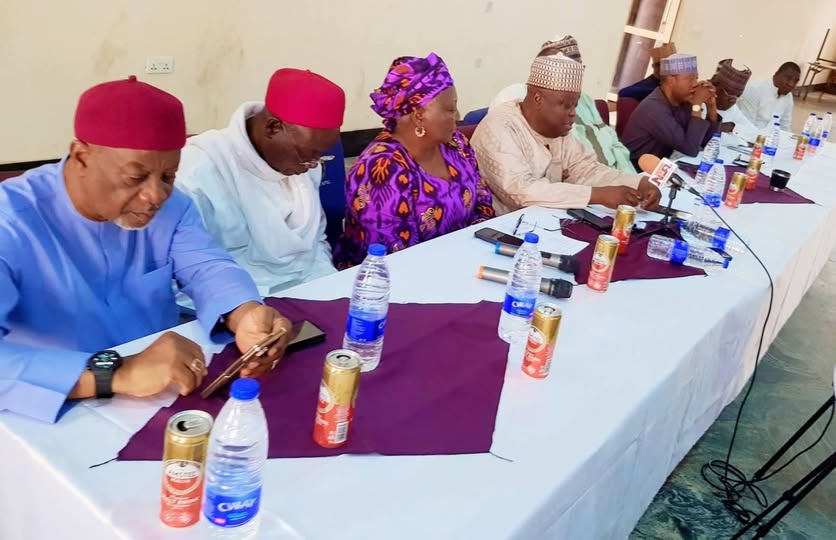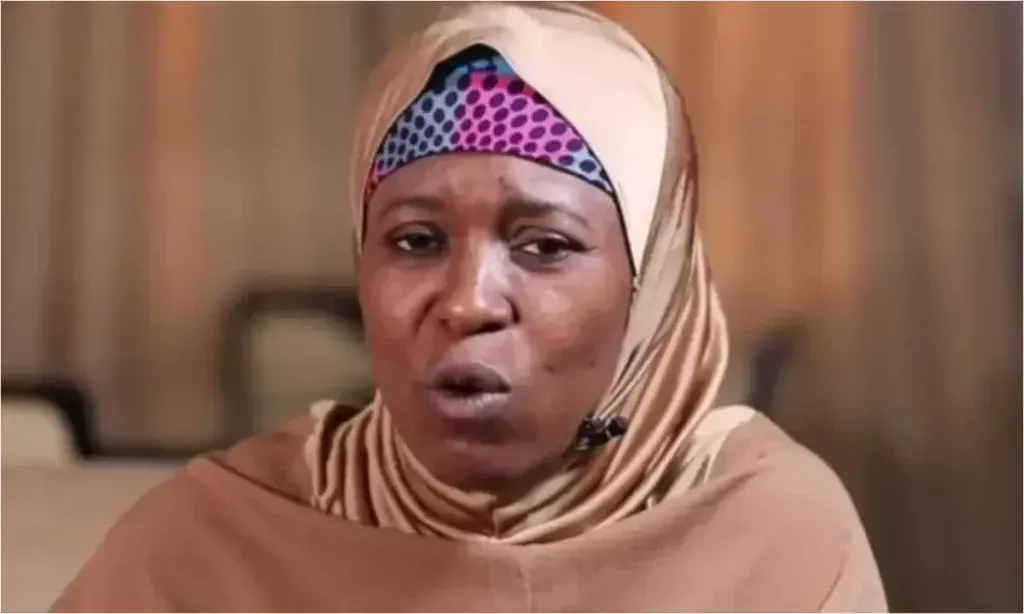UN Women has emphasized that investing in and empowering women’s rights organizations is pivotal in achieving gender equality.
Addressing a regional consultation with women’s rights organizations during the 16 Days of Activism against Gender-Based Violence, UNWomen’s Country Representative, Beatrice Eyong, expressed her concern over the lack of significant progress since the commencement of the 16 Days of Activism two decades ago.
Emphasizing the need for proactive and innovative solutions to address and eradicate gender inequality, Eyong stressed the importance of investing in and empowering women’s rights organizations. She conveyed, “You possess the knowledge, tools, and determination to reshape societies to be safer, more inclusive, and just.”
Reflecting on the past 20 years of the 16 Days campaign, Eyong acknowledged some historic results in ending violence against women and girls. However, she highlighted the persistence of challenges such as the unchanged composition of peace tables and the continued impunity for those who commit atrocities against women and girls.
Highlighting the urgency, Eyong called for the 16 Days campaign not just to be a celebration but also a wake-up call, particularly in the context of gender equality setbacks in West and Central Africa.
She expressed dismay at the well-coordinated pushback on gender equality, emphasizing its deliberate efforts to undermine women and girls’ access to the human rights system. Eyong cautioned about the enduring and intergenerational impact of neglecting commitments to end violence against women, not only for women but also for global peace, especially in the West Africa region.
Citing research findings, Eyong underscored the significance of a strong and autonomous feminist movement as the most critical factor in driving change to end violence against women and girls, both in policy-making and in transforming social norms and power relations.
Revealing a new initiative, Eyong stated, “Recognising the potential of women’s rights organizations, the European Union and UN Women have partnered to develop the A.C.T. to End Violence Against Women initiative. This initiative focuses on strengthening global and regional advocacy, coalition building, and transformative feminist action to end violence against women.”
In her remarks, the European Union focal person, Mrs Eseme Stuart, elaborated on the ACT programme, describing it as a new joint commitment between the European Commission and UN Women.
Stuart explained, “The ACT programme is a multi-stakeholder partnership that mobilises governments, civil society, international organisations, and the private sector in the fight against gender-based violence, building on the experience of the EU-UN Spotlight Initiative.”



